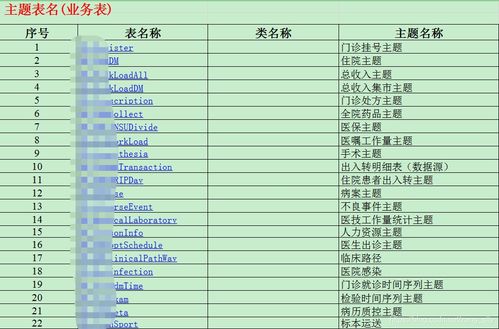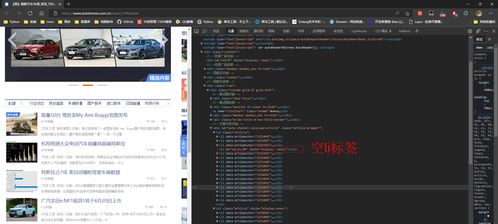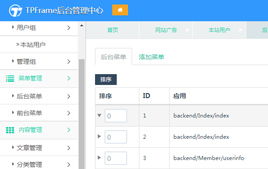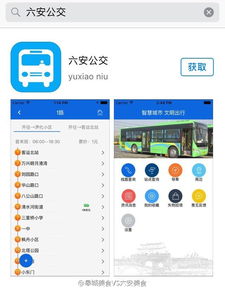Introduction to Metro Terminology
As cities around the world continue to expand, the demand for efficient and convenient transportation systems has surged. One of the most popular and effective modes of public transit is the metro, or subway. Understanding the terminology associated with metro systems can enhance the travel experience for both locals and tourists. In this article, we will explore the top ten hot metro English nouns that are commonly used in discussions about these urban transportation networks.
1. Subway
The term "subway" refers to an underground railway system that operates in urban areas. It is often used interchangeably with "metro" in English-speaking countries. Subways are designed to carry large numbers of passengers and are typically characterized by their extensive networks of tunnels and stations.
2. Station
A station is the physical location where passengers board and alight from the subway. It typically includes platforms, ticket booths, and sometimes additional facilities such as shops, cafes, or parking areas. Stations are the focal points of the metro system, serving as hubs for passenger traffic.
3. Line
A line is a route that a subway train follows. Metro systems often have multiple lines, each with its own color, number, and route. Lines can be straight or curved, and they may intersect at certain points, allowing passengers to transfer between them.
4. Platform
A platform is the area where passengers wait for trains to arrive. It is usually located at ground level or elevated above the tracks. Platforms are equipped with signage, seating, and sometimes real-time train departure information displays to assist passengers.
5. Tunnel
Tunnels are the underground passages through which subway trains travel. They are constructed to withstand the weight of trains and to provide a smooth and efficient route for their movement. Tunnels are often lined with concrete or other materials to ensure structural integrity.
6. Track
Tracks are the metal rails that form the foundation for subway trains. They are laid on a bed of ballast and are designed to support the weight of trains as they move along the metro system. Tracks are crucial for the smooth operation of the subway network.
7. Station Master
The station master is a key figure in the operation of a subway station. They are responsible for overseeing the day-to-day activities at the station, including ensuring the safety and security of passengers, managing staff, and handling any emergencies that may arise.
8. Ticket Vending Machine
Ticket vending machines are automated devices located at stations that allow passengers to purchase tickets or passes. These machines are equipped with touchscreens, card readers, and cash acceptors, making it easy for passengers to obtain their tickets without the need for a staffed booth.
9. Roster
A roster is a list of train operators, station staff, and other personnel who are scheduled to work on a given day or shift. It is an essential tool for managing the workforce and ensuring that all necessary personnel are present and accounted for during the operation of the metro system.
10. Maintenance
Maintenance is a critical aspect of subway operations. It involves regular inspections, repairs, and upgrades to the infrastructure, trains, and other equipment. Proper maintenance is essential for ensuring the safety, reliability, and efficiency of the metro system.
Conclusion
Understanding the terminology associated with metro systems can greatly enhance the travel experience. Whether you are a frequent rider or a visitor to a new city, being familiar with terms like "subway," "station," "line," and "tunnel" can help you navigate the system more effectively. As metro systems continue to evolve and expand, staying informed about the latest terminology will be key to making the most of these vital urban transportation networks.
转载请注明来自马鞍山同杰良,本文标题:《十大热门地铁英文名词,地铁常见英文缩写 》














 皖ICP备2022015489号-1
皖ICP备2022015489号-1